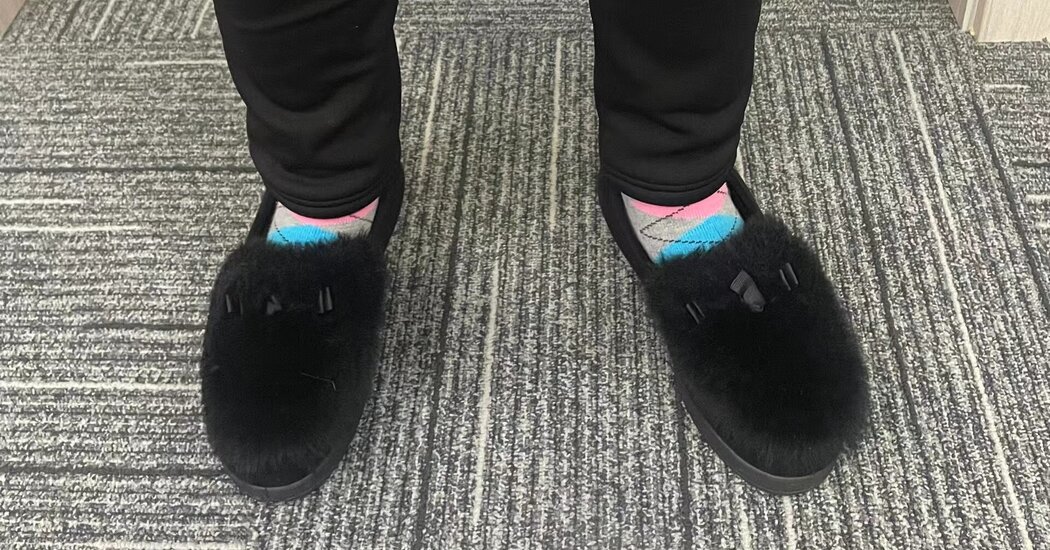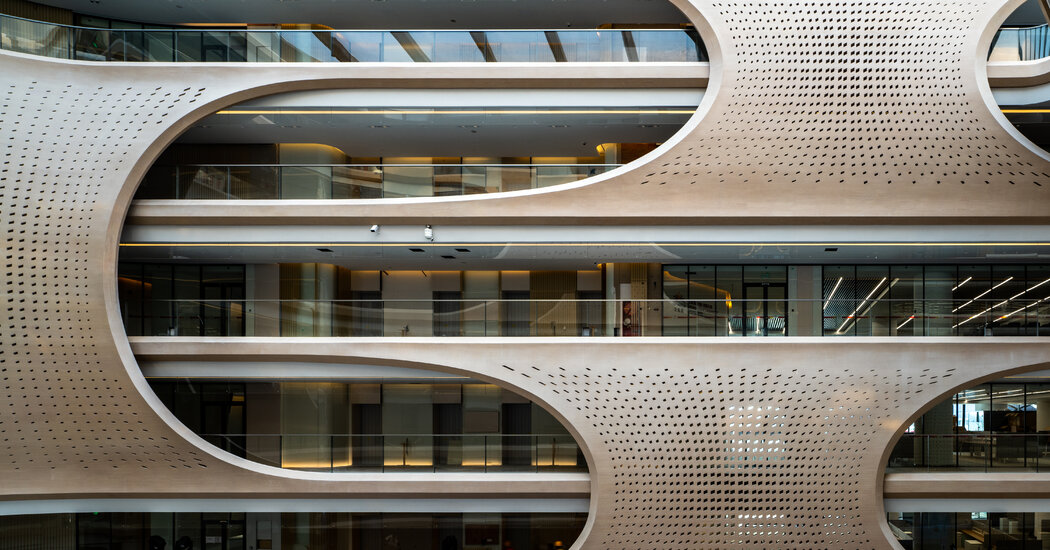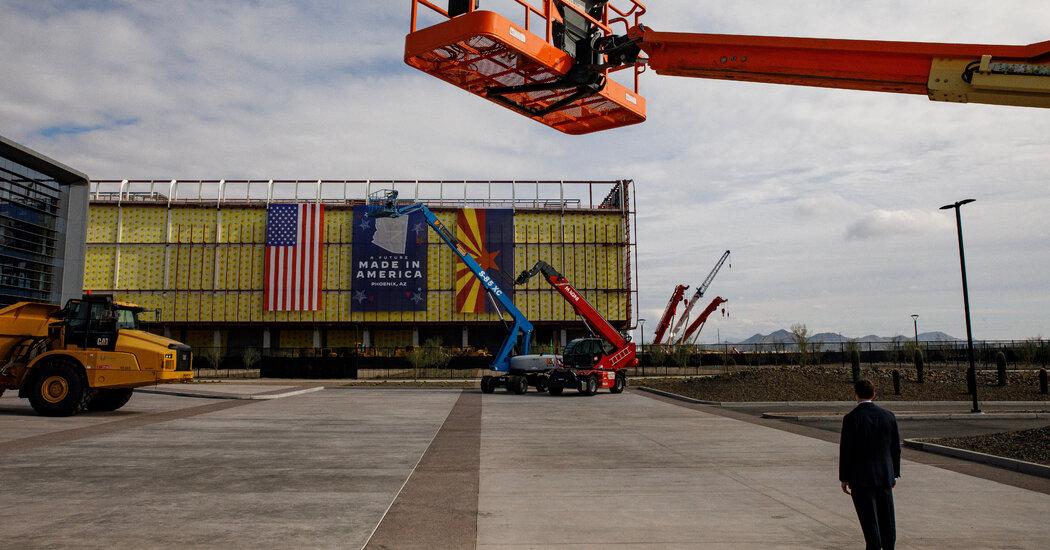When the weather turned cold in December, Cindy Luo started to wear her fluffy pajamas over a hooded sweatshirt at the office. Wearing cozy sleepwear to work became a habit and soon she didn’t even bother to wear matching tops and bottoms, selecting whatever was most comfortable. A few months later, she posted photos of herself to a “gross outfits at work” thread that had spread on Xiaohongshu, a Chinese app similar to Instagram. She was one of tens of thousands of young workers in China to proudly post pictures…
Tag: Workplace Environment
India’s Quiet Push to Steal More of China’s iPhone Business
India is quietly grabbing from China more manufacturing of Apple’s iPhones and other electronics gear. It is happening in South Indian industrial areas on muddy plots that were once farmland. In Sriperumbudur, people call Apple “the customer,” not daring to say the name of a company that prizes its secrets. But some things are too big to hide. Two gigantic dormitory complexes are springing up from the earth. Once finished, each will be a tight block of 13 buildings with 24 rooms per floor around an L-shaped hallway. Every one…
How A.I. Is Helping Architects Change Workplace Design
“I’ve been a workplace designer for the last 24 years,” said the architect Arjun Kaicker. “I’ve seen more change in the last 24 months than in the whole of my career.” Mr. Kaicker co-runs Zaha Hadid Analytics + Insights, or ZHAI, a five-person team that uses data and artificial intelligence to design workplaces. The team is part of Zaha Hadid Architects, the firm founded by the influential architect Zaha Hadid in London in 1979. “The pandemic has really supercharged innovation in the workplace,” Mr. Kaicker said in a recent video…
Inside Taiwanese Chip Giant, a U.S. Expansion Stokes Tensions
Taiwan Semiconductor Manufacturing Company, the world’s biggest maker of advanced computer chips, is upgrading and expanding a new factory in Arizona that promises to help move the United States toward a more self-reliant technological future. But to some at the company, the $40 billion project is something else: a bad business decision. Internal doubts are mounting at the Taiwanese chip maker over its U.S. factory, according to interviews with 11 TSMC employees, who declined to be identified because they were not authorized to speak publicly. Many of the workers said…



